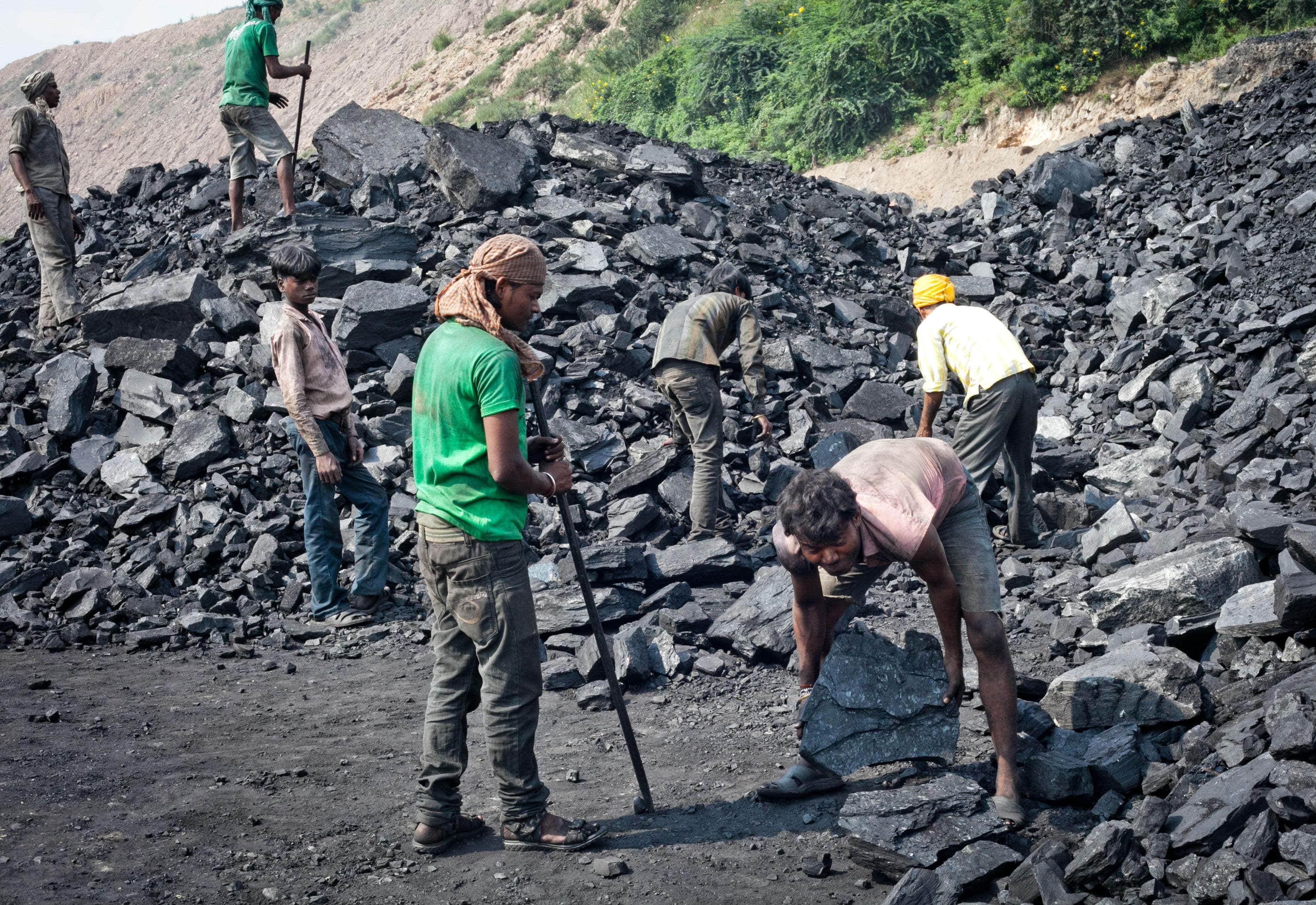Business
India trying to revive commercial coal mining but globally coal business going up in smoke
India, by all means, is trying to stay afloat in the swirling water of COVID-19 which has already dragged it down with economy shrinking by nearly 24 per cent. As such, the Center is opening up commercial coal mining to the private sector to make some gains.
Prime Minister Narendra Modi, in June, had said that his government was bringing coal out of decades of lockdown and mining rights to 40 coal mines are being auctioned. Winners will have the right to mine and sell coal to any firm globally, say reports, and for the first time, foreign-owned companies will be able to bid for coal mining rights in India.
Concerns Raised
However, the Jharkhand state government is not happy with this and has even raised concerns. It pointed out that COVID-19 pandemic will dampen global participation in the auctions and keep bids quite low. The central government has opened up the mining sector to international participants puportedly to generate maximum revenue, the state said in a law suit. It added that such auctions would encourage and bring in underserving, collusive, cartelized, restrictive trade practices.
The United Nations Secretary General Antonio Guterres, in late-August, warned that India’s coal mining expansion plans made no commercial sense and would harm human health. He said scaling up solar energy would help solve two of India’s key development priorities, alleviating poverty and bringing power to 64 million Indians who still lack energy access. Guterres warned that rising temperatures caused by emissions from coal and other fossil fuels would see India endure more intense heatwaves, floods and droughts, increased water stress and reduced food production if global warming edged over 1.5C by the end of the century. This strategy will only lead to further economic contraction and damaging health consequences, the secretary general said. Its just a human disaster and bad economics. Clean energy and closing the energy access gap, Guterres said are good business. They are the ticket to growth and prosperity.
Guterres is pushing for a green recovery to the COVID-19 pandemic. And to pursue this goal, he is demanding the world’s largest economies, in particular the G20, to end fossil fuel subsidies, put a price on carbon pollution and commit not to build any new coal power plants or mines after 2020.
According to Energy Policy Tracker, India, the world’s largest emitter, has committed $8.9 billion to fossil fuels, $6.8 billion of it to coal, compared with $1.2 billion for clean energy. Moreover, Guterres said that half of India’s coal will be uncompetitive in 2022 and it will reach up to 85 per cent by 2025. This is why the world’s largest investors, he said are increasingly abandoning coal, the coal business is going up in smoke.












































